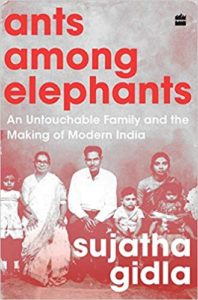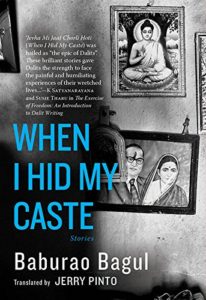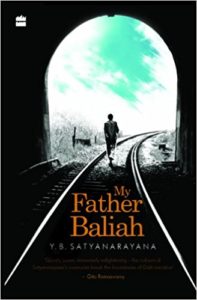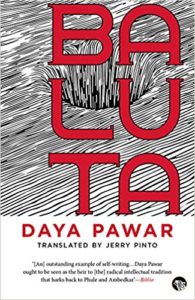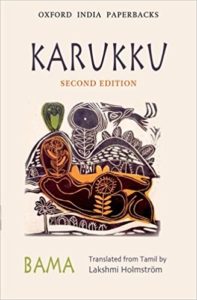On Perumal Murugan’s “Poonachi” and “The Goat Thief”
Noted Tamil writer Perumal Murugan published two books Poonachi ( published by Westland/ Amazon) and The 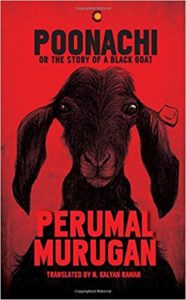 Goat Thief ( Juggernaut Books ) earlier this year both of which have been translated by N. Kalyan Raman. Poonachi is a fable about a goat by the same name. It is the comeback novel of Perumal Murugan who had sworn never to write again once he had been persecuted by right wing forces. On the face of it is a simple tale about an elderly couple who take in a tiny goat kid with bleak chances of survival. Yet, the old woman nurses Poonachi back to health who goes on to prosper and be quite a boon for the couple. The story has its twists and turns but it is the dark and sinister side of the authoritarian society that comes to the fore when the couple take the goat to be tagged. Similarly the collection of short stories written by Perumal Murugan over the years deals with similar themes of social injustice and inequality experienced particularly by the poor but this time it is an exploration through relationships and not necessarily exploring a broader canvas of society/community or a village as many of his novels tend to explore. Even though Perumal Murugan’s novels are far more expansive and exploratory than his short stories ( judging by whatever little is available as translations in English) his explanation for wading into short fiction mentioned in his introduction to The Goat Thief is worth reading:
Goat Thief ( Juggernaut Books ) earlier this year both of which have been translated by N. Kalyan Raman. Poonachi is a fable about a goat by the same name. It is the comeback novel of Perumal Murugan who had sworn never to write again once he had been persecuted by right wing forces. On the face of it is a simple tale about an elderly couple who take in a tiny goat kid with bleak chances of survival. Yet, the old woman nurses Poonachi back to health who goes on to prosper and be quite a boon for the couple. The story has its twists and turns but it is the dark and sinister side of the authoritarian society that comes to the fore when the couple take the goat to be tagged. Similarly the collection of short stories written by Perumal Murugan over the years deals with similar themes of social injustice and inequality experienced particularly by the poor but this time it is an exploration through relationships and not necessarily exploring a broader canvas of society/community or a village as many of his novels tend to explore. Even though Perumal Murugan’s novels are far more expansive and exploratory than his short stories ( judging by whatever little is available as translations in English) his explanation for wading into short fiction mentioned in his introduction to The Goat Thief is worth reading:
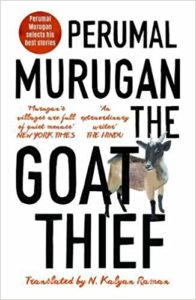 Writing a new short story within the universe of the Tamil short story, which has thrived and flourished since the 1930s, can be challenging. More than any other form, it’s the short story that modern Tamil literature has brought off its greatest accomplishments. The number of short stories written in Tamil probably runs into hundreds of thousands; of them, at least several thousand pass muster. Among those, several hundred stand the test of time and endure. If a writer wants to write a short story that will take its place among those hundreds, an independent mind, a unique perspective on life and well-honed writing skills are essential.
Writing a new short story within the universe of the Tamil short story, which has thrived and flourished since the 1930s, can be challenging. More than any other form, it’s the short story that modern Tamil literature has brought off its greatest accomplishments. The number of short stories written in Tamil probably runs into hundreds of thousands; of them, at least several thousand pass muster. Among those, several hundred stand the test of time and endure. If a writer wants to write a short story that will take its place among those hundreds, an independent mind, a unique perspective on life and well-honed writing skills are essential.
When I started writing short stories, I didn’t have any such awareness. As I wrote and read more and more over the years, I became conscious of these requirements. Taking them into consideration, I set aside the problem of form and started paying attention to the theme of the story. I realized all stories fall into one of two categories. The first category focuses on the problems of living according to the rules of society, while the second concentrates on exceptions to these rules. Both strategies have their advantages and disadvantages.
Perumal Murgan of course has become an international ambassador for Indian Literature with his works being sold in various book markets including translations. He has begun to travel extensively on literary programmes. All of which is extremely happy news given that a few years ago he had vowed never to return to writing or have anything to do with literature. So the recent turnaround of events in his favour is very welcoming. His stories are easily read in English for they are smoothly translated.
Both the books are worth reading!
The Goat Thief ( Print)
28 July 2018

